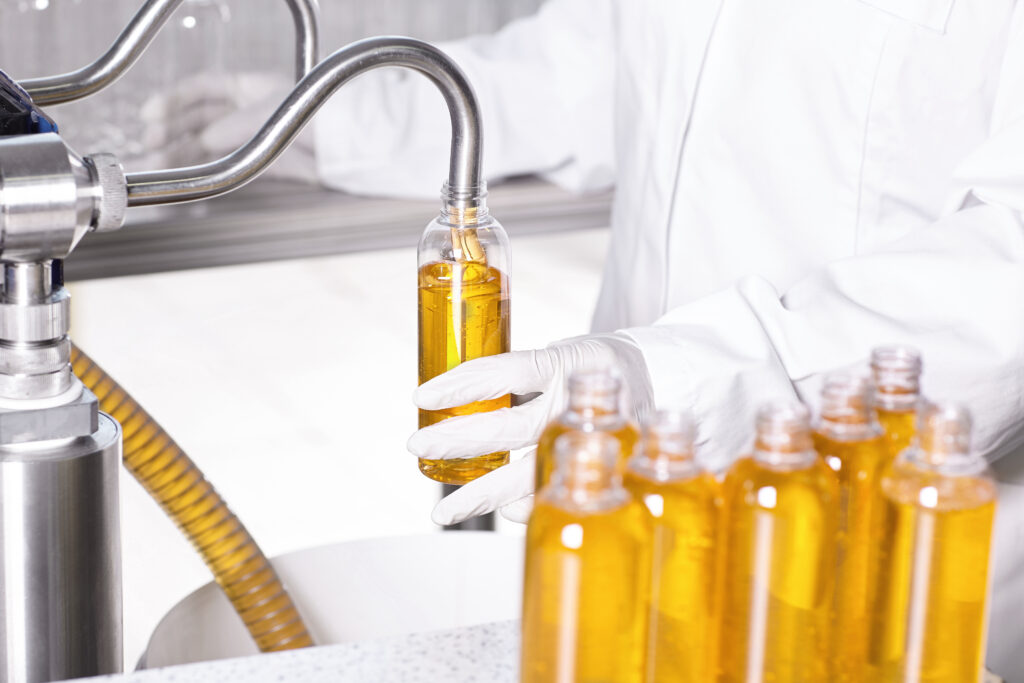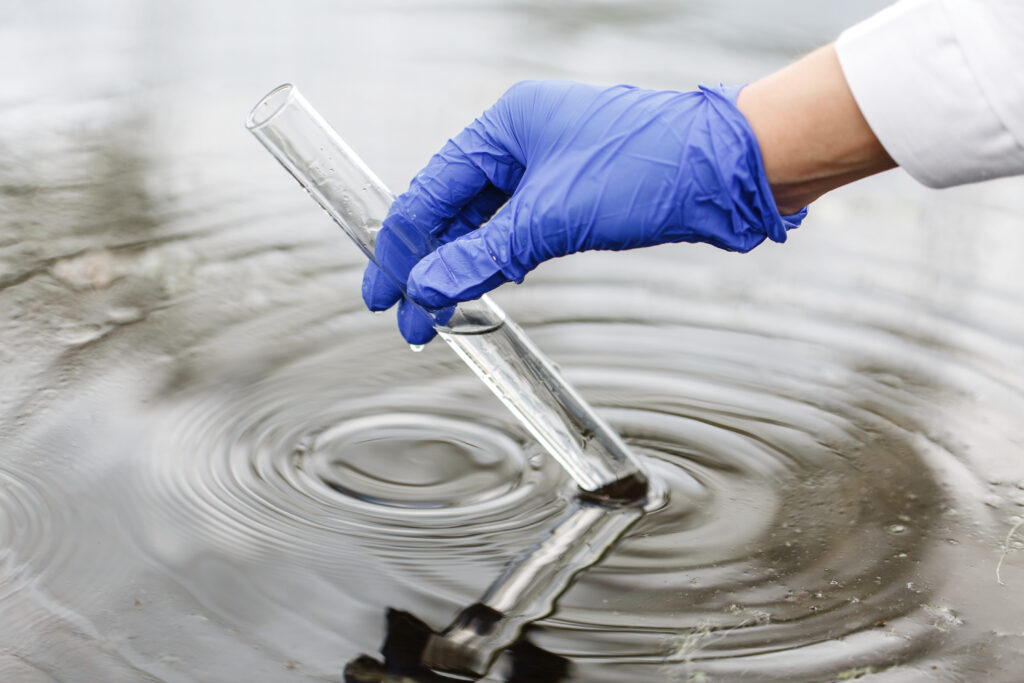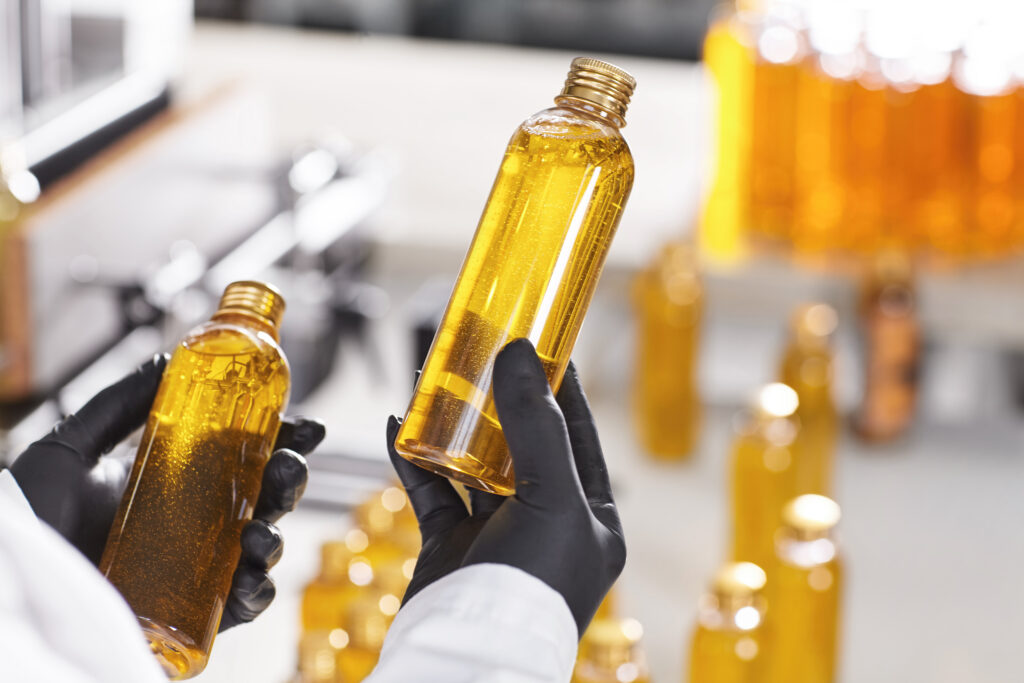Diesel testing kits are essential for verifying diesel fuel quality and performance. With the growing demand for efficient and dependable diesel engines, industries and consumers alike must have access to accurate and exact testing procedures.
This post will examine the crucial variables when selecting a diesel testing kit. We will look into the major areas that might help you make an informed decision, such as the accuracy and compatibility of test findings and the convenience of use and maintenance requirements. This article provides helpful insights to guide you in picking the proper diesel testing kit for your specific needs, whether you are a fleet manager, a fuel distributor, or an individual wishing to monitor the quality of diesel fuel.
Importance of Diesel Testing
Anyone who wants to ensure the quality and performance of their diesel fuel must select the correct diesel testing kit. These kits measure diesel fuel properties such as water content, impurities, and viscosity. You can prevent engine damage, enhance fuel efficiency, and lower maintenance costs by checking your diesel fuel regularly.
The quality of diesel fuel significantly impacts the performance and lifetime of diesel engines. Diesel fuel testing aids in the identification of any issues or possible concerns that may impair engine performance, such as water contamination, microbial development, or fuel degradation. By spotting these issues early on, you may take the necessary precautions to avoid engine damage and retain peak performance.
Factors to Consider When Choosing a Diesel Testing Kit
Accuracy and Precision of Test Results
Precision and accuracy are critical when evaluating diesel fuel. You want a testing kit that produces consistent and trustworthy results.
- Calibration and Standardization
A decent diesel testing kit should be appropriately calibrated and standardized for reliable measurements. Calibration guarantees that the testing equipment measures the fuel qualities precisely, while standardization allows for consistent comparison of results across different kits or laboratories.
- Sensitivity and Specificity of Test Methods
The sensitivity and specificity of various diesel testing methodologies vary. Some approaches may be better suited to detecting specific impurities or fuel properties than others. Consider the exact parameters to be tested and select a kit with adequate sensitivity and specificity for those measurements.
Compatibility with Different Diesel Fuel Types
Diesel fuel is available in various grades; some may contain additives or be combined with other powers. Your testing kit should be suitable for the type of diesel fuel you are using.
- Testing Kits for Various Diesel Grades
Ensure that the testing kit you choose can accurately test the grade of diesel fuel you are using. Different stages of diesel may have other characteristics that require specific testing methods or equipment.
- Compatibility with Additives and Blended Fuels
If you use diesel fuel with additives or blended fuels, ensure the testing kit can analyze these variances. Some additions or mixes may modify the properties of specific energies, and your testing kit should be capable of correctly identifying and measuring these changes.
Ease of Use and User-Friendly Features
Testing your diesel fuel should feel like a simple puzzle. Look for a testing kit that is simple to use and has intuitive features.
- Simplicity in Sample Collection and Analysis
The collection and analysis of samples should be simple and painless. The testing kit should include detailed instructions on obtaining fuel samples and conducting the required tests. Furthermore, the equipment should contain all the instruments and supplies needed for sample collection and analysis.
- Availability of Clear Instructions and Guides
Nobody wants to be left perplexed while attempting to use a testing kit. Choose a kit that provides clear instructions and guides, mainly if they include visual aids or step-by-step teaching. This ensures you can use the equipment successfully and quickly understand the test results.
Remember that selecting the correct diesel testing kit can make or break the quality and performance of your diesel fuel. So, take your time with this selection; choose a kit that matches your specific requirements while keeping the testing process as simple and precise as possible.
Maintenance and Calibration Requirements
- Frequency of Maintenance and Calibration
When selecting a diesel testing kit, remember the frequency of maintenance and calibration required. Nobody likes to spend all their time fussing with equipment, so choose a kit with low maintenance requirements. Look for kits with longer intervals between calibrations or with self-calibration features. You’ll spend less time fumbling with the equipment and more time receiving accurate results this way.
- Ease of Maintenance and Availability of Calibration Kits
In addition to assessing the frequency of maintenance and calibration, examining the ease with which these operations may be completed is critical. A diesel testing kit that necessitates complicated disassembly or specialized tools may not be the most practical option. Choose a kit that is simple to use and easy to maintain. Check the availability of calibration kits for the exact model you are considering. When you have easy access to calibration kits, you can quickly recalibrate your equipment when needed.
Portability and Durability of the Kit
- Compactness and Lightweight Design
Portability is essential if you’re frequently on the go or have a small workspace. Consider the diesel testing kit’s compactness and lightweight design. You want to avoid toting along a vast and hefty piece of equipment, so select a lightweight, portable tackle. A sleek, lightweight design will make your testing process more accessible and less time-consuming.
- Resistance to Environmental Factors and Shock
Diesel testing may take you to different environments, whether a dusty construction site or a humid marine vessel. Therefore, choosing a kit that can handle various environmental factors is essential. Look for dust and water resistance features that ensure the kit’s durability in different conditions. Additionally, consider its resistance to shocks or impacts. Accidents happen, and robust equipment that can withstand a few bumps will save you from potential headaches and costly repairs.
Cost-Effectiveness and Return on Investment
- Initial Cost vs. Long-Term Value
When making any purchase, it’s normal to think about the price. However, while purchasing a diesel testing kit, looking past the first cost is critical. Consider the kit’s long-term value, durability, accuracy, and extra features. A much greater upfront payment for dependable, high-quality equipment that will last longer can often result in more considerable long-term savings.
- Potential Savings and Efficiency Gains
Consider the possible savings and efficiency improvements the diesel testing kit can provide in addition to the original cost. High-quality equipment can detect problems early on, allowing you to take corrective action immediately. This can save you money by preventing costly problems, reducing downtime, and increasing the overall efficiency of your diesel equipment. Investing in the correct kit might save money on maintenance and repairs, making it a wise long-term investment.
Customer Support and Warranty Options
- Availability and Responsiveness of Customer Support
It’s always nice to know that help is only a phone call away when ordering a diesel testing kit. Look for organizations that have a reputation for being prompt and helpful, as well as providing outstanding customer service. If you need help or have concerns about using the equipment, immediate advice can be invaluable.
- Warranty Coverage and Replacement Policies
Finally, consider the warranty and replacement policies that come with the diesel testing kit. A comprehensive warranty protects you in the event of any manufacturing flaws or malfunctions. Check to see whether the manufacturer has readily available replacement parts or kits, as this can save you time and money if repairs or replacements are required.
Remember that selecting the best diesel testing kit is about more than just technical characteristics; it’s about finding a kit that fits your needs, is simple to maintain, and provides outstanding support. By considering these variables, you can make an informed decision and invest in a kit that will last for years.
Conclusion
Choosing the proper diesel testing kit is critical for assuring diesel fuel quality, performance, and dependability. You may make an informed decision that matches your needs by evaluating criteria such as accuracy, compatibility, convenience of use, maintenance requirements, portability, cost-effectiveness, and customer support. Investing in a high-quality diesel testing kit protects your engines and equipment and improves overall efficiency and cost savings. So, consider your alternatives and select a diesel testing kit that gives accurate and dependable findings, eventually assisting you in achieving optimal performance and longevity for your diesel fuel.





